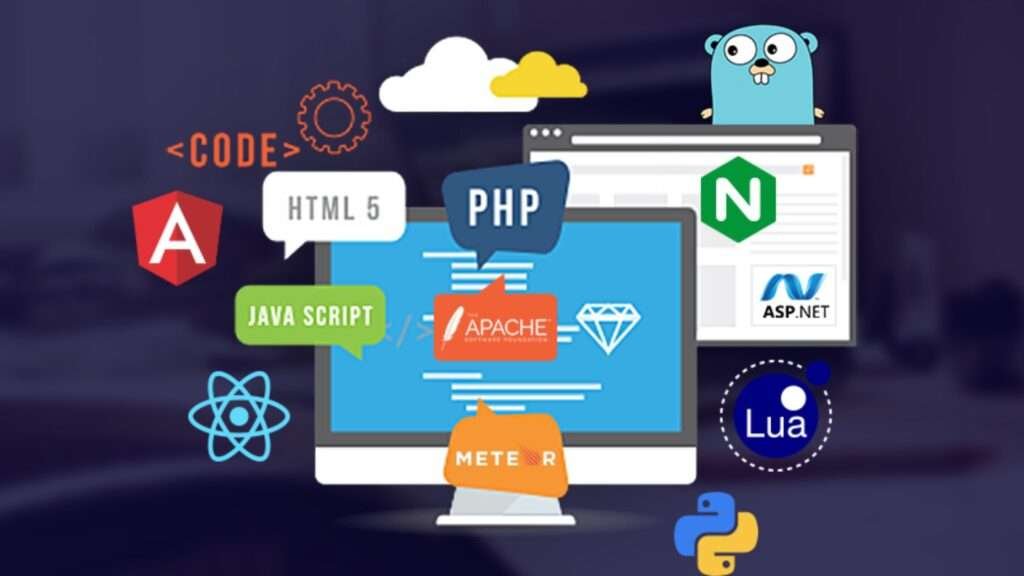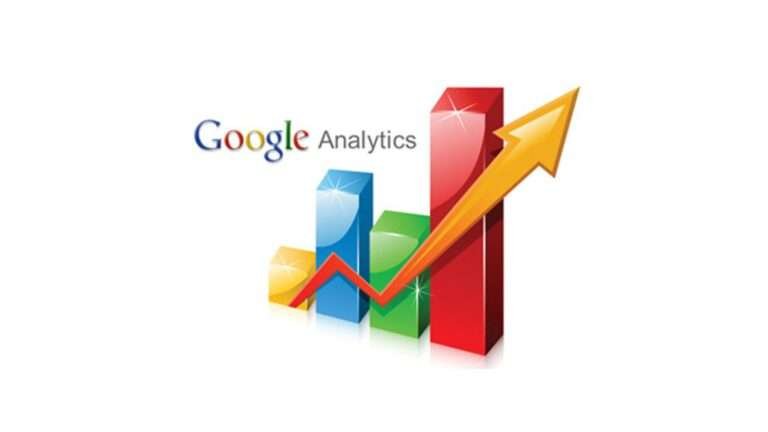
Its time to create website applications.
Are you working on a new website but unsure what shape it should take?
Before putting your time and money into developing that new feature, you should know the differences between a website, a web app, and a downloaded program to make the best decision possible. Each has its benefits, but a web app adds critical aspects to your company’s online visibility.
What Are Websites, Downloadable Apps, and Web Apps?
Let’s begin with the essentials of a website. If you’re reading this, you’re already familiar with the concept of a website, an online display of information you can access via a web browser.
You probably know what an application (or app) is as well. It’s a piece of software that you may get from an app store and install on your phone or computer. Apps and websites are the most common online tools that most people use daily.
So, what exactly is a web application? They’re a cross between a website and an app, and they have a lot of advantages.
In contrast to computer-based software that runs locally on your device’s operating system, a web app is application software that runs in a web browser. That means you don’t need to download or install it on your phone or computer to use it, but you must be connected to the internet and using a browser.
Many businesses provide all of the services mentioned above. If you want to use Zoom for a conference, for example, you can go to the company’s website and either download and install the Zoom desktop or mobile application or open Zoom in a browser window and use it as a web app.
What’s the Difference Between a Web App and a Website?
Because web apps and websites are accessed using a browser, the distinctions between the two can be hazy. However, a few key distinctions between web apps and traditional websites should aid your planning.
The difference between web apps and most websites is that web apps are meant for user interaction, whereas most websites are only there to display static content. Users join a web app and change the material on the page to meet their specific needs. You don’t need a separate login to access a website; the material is the same for everyone who visits it.
Except if they are hardcoded, websites with content management systems can be easier to alter and customize than web apps. Web apps are often custom-coded applications; therefore, changing changes necessitates a developer modifying the code, testing, and deploying the changes before they go live.
The Advantages and Disadvantages of Web Apps
Web apps have a lot of benefits — and a few drawbacks.
Advantage
- A web app is a low-cost, easy-to-use approach to giving online services to anyone with an internet connection and a browser.
- Because the changes are made on the server and display automatically anytime a user re-opens the web app, it eliminates the difficulty of getting users to update the program locally.
- Web programs are more or less unaffected by system requirements. Not everyone has access to a cutting-edge smartphone or a cutting-edge laptop. A web app doesn’t need much processing power; it needs a steady, reliable internet connection.
- They could be less expensive and quicker to create than downloading apps.
Disadvantages
- A web app has higher security standards than a downloaded program. Although cloud security is continuously improving, it is usually vulnerable to cyber attacks.
- As it is a web application, you won’t be able to use it without an internet connection.
As you can see, the advantages of using a web app outnumber the disadvantages. The only remaining question is how a web application may help your company.
What Can a Web-Based App Do for You?
Every firm will reach a point where it wants to expand its online presence beyond just being informational. Most websites exist solely to provide information, yet they lack the interactivity your customers want. Or they won’t let you create a more dynamic, competitive web presence.
Perhaps you’ve created a few interactive components to help you learn more about your customers, or you’ve added additional functionality to your website that goes beyond what it can do.
As a result, your company is an ideal candidate for a web-based application. Zionike was responsible for redesigning the Commission Express website, including creating a searchable, interactive map with pins for each franchise store. We used the same technique when designing a booking form for Grasshopper Adventures. This firm offers immersive and experiential cycling tours in over 15 countries across Asia and Southeast Asia that interfaces with a third-party booking API.
So, if you’re looking to expand your online presence and provide solutions that help you establish customer loyalty while staying on budget, it might be time to add a web app to your list of online products and services.
Zionike has years of experience building web-based solutions that meet the needs of our customers. The design of our next-generation online solutions aims to tell your story, offer your service, and motivate people to take action, from custom WordPress plugins to cutting-edge UX, dynamic search tools, and in-app payment systems.



